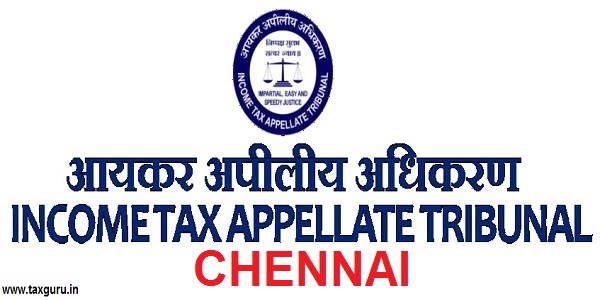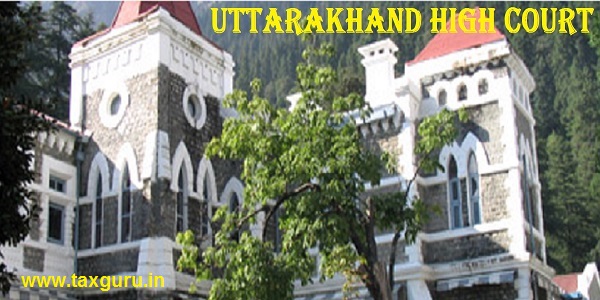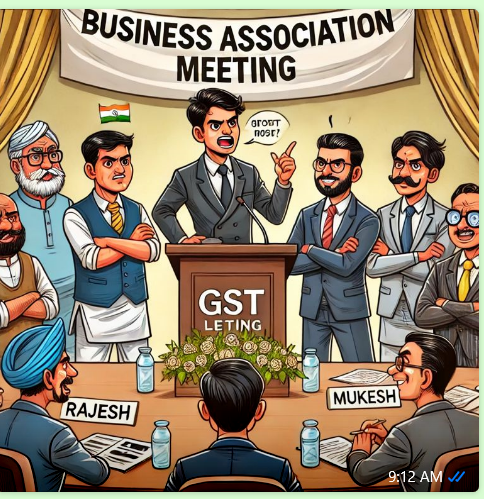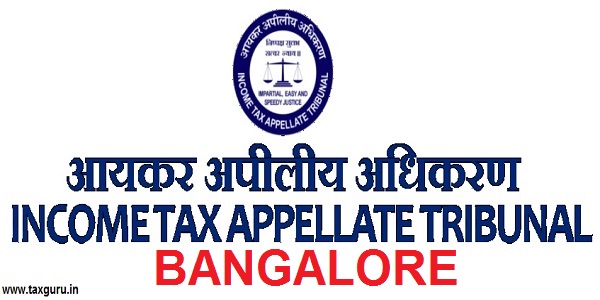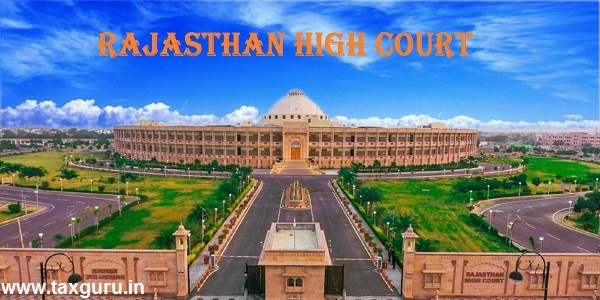 GST is a self-assessed destination based tax i.e., every person who requires to get registered under the Act as per Schedule V is a taxable person & the tax payable by him will be self-assessed.
GST is a self-assessed destination based tax i.e., every person who requires to get registered under the Act as per Schedule V is a taxable person & the tax payable by him will be self-assessed.
Basically, submission of returns & processing of it is an important link between the taxpayer and the tax administration. every return filed by an assessee will be verified by tax authorities.
Under model GST Law Section 57 to Section 62 covers Assessment proceedings which are as follows:-
| Self Assessment
( Sec 57) |
Provisional Assessment
(Sec 58) |
Scrutiny Of Returns
(Sec 59) |
Assessment Of Non- Filers Of Returns
(Sec 60) |
Assessment Of Unregistered Persons
( Sec 61) |
Summary Assessment In Certain Special Cases
(Sec 62) |
| 1.Every registered taxable person shall himself assess the taxes payable under this Act by furnishing return under sec.34 | 1. Where the taxable person unable to determine the value of goods & or services, tax is allowed to be paid on provisional basis.
2. Taxable person needs to execute a bond with security or surety. 3.Final Assessment order needs to be passed within 6 months. |
1.The authorised officer may scrutinise the return
2.If any discrepancies found, then they can seek an explanation. If explanation found acceptable then taxpayer will be informed accordingly. 3. If no satisfactory explanation is furnished within 30 days of being informed actions will be taken accordingly. |
1. Where a registered taxable person fails to furnish the return U/s 34 or U/s 40 even after service of notice U/s 41 Provisions of Sec 67(8) will attract. | 1.If a person fails to obtain registration even if liable to do so the proper officer may proceed to assess the tax liability at best of his judgement & will issue assessment orders within 5 years. | 1.To protect the interest of revenue proper officer may proceed for summary assessment in certain special cases.
|
Section wise interpretation:-
Section 57- Self Assessment:-
Every registered taxable person shall himself assess the taxes payable under this act & furnish return U/s 34
Who is a taxable person?
Schedule V of the draft stipulates that every person whose aggregate turnover exceeds Rs. 20L is required to get registered under the Act is a taxable person.
Sec 34- return for furnishing details of outward & inward supplies for a month to be filed on or before the 20th day of succeeding calendar month.
It means self-assessment will be done through filing of return U/s 34. Basically this is trust base system which is also there in present tax structure i.e., Service Tax, Central Excise & VAT.
Section 58- Provisional Assessment:-
1) This provision stipulates that in cases where the assessee is unable to determine the rate of tax or value of taxable goods&/or services then he may apply to tax authorities to determine the tax payable by him on the provisional basis.
2) Provisional basis payment is allowed only on execution of bond or security.
3) Though there is a time limit given for communication of the final assessment order i.e., within 6 months but present experience in Central Excise Law is that tax authorities do not issue the same within prescribed time limit because their revenue is already protected by Bond & Bank Guarantee which is valid for 1 year.
As per my opinion Assessee who have option for advance ruling, defined under section 114 under the Act, should not opt for provisional assessment.
The main advantage of advance ruling is that its binding on all authorities so rather than to execute a bond along with security under this section it is better to apply advance ruling through a simple application.
Sec 59- Scrutiny of returns:-
1) When the VAT was introduced in 2005 , scrutiny of individual monthly returns was initiated by the VAT authority but subsequently it was discontinued. I think the same will be followed in GST.
As per provision of this section the authorised officer can scrutinize a return, now it needs to be checked whether the single return will be scrutinize or all returns??
If a single return is going to be scrutinize then it is quite time consuming for the assessee.
After scrutiny of returns proper officer shall inform the assessee of the discrepancies noticed & after it he may seek explanation thereto.
After seeking explanation, officer can issue summons U/s 82 which may increase the litigation & Contact point between officers & assessee which is again another compliance which assessee needs to comply.
2) If an explanation provided by the assessee is found acceptable the proper officer will inform accordingly, however, the time limit & mode of communication has not been prescribed. On the other hand time limit has been prescribed for correction of discrepancies found when the given explanation is not acceptable.
Section 60- Assessment of non-filers of returns:-
Sec 60 stipulates that where a registered taxable person fails to furnish the return U/s 34 or U/s 40 even after service of notice U/s 41 then provision of section 67(8) will attract.
Section 67:-
Determination of tax not paid or short paid or erroneously refunded or input tax credit wrongly availed or utilised by reason of fraud, any wilful misstatement or suppression of facts
Sub-section (8) The proper officer shall issue the order under sub-section (7) within a period of five years from the due date for filing of annual return for the year to which the tax not paid or short paid or input tax credit wrongly availed or utilized relates or, as the case may be or within five years from the date of erroneous refund.
⇐ Now there are four interpretations of this section:-
1) Whether this provision is applicable to only non-filers of returns U/s 34 or U/s 40 or both.
Section 34- Outward Inward details
Section 40- Final return
2) To issue assessment order time limit U/s 67(8) has been considered. whether the penal provisions of the section will also attract? If yes, then tax authorities are considering that assessee has not filed the return fraudulently or by wilful misstatement or suppressing the facts, but this is not the case if he is filing the returns U/s 32,33 & 39 etc.
3) Sec 40 relates to final return & if assessee fails to file final return then there can be some other reasons other than fraud any wilful misstatement or suppression of facts as he has filed the earlier returns. & if you refer section 67(8) it speaks about the Annual returns whereas Section 60 says final return which is ambiguous.
4) Sec 32- Outward details, Sec 33- Inward details Sec 39 – annual return has not been considered for Section 60.
Section 61-Assessment of unregistered persons:-
If any person is liable to get registered under the Act & fails to obtain such registration within stipulated time period, under such circumstances proper officer may proceed for best judgment assessment.
Section 62- Summary assessment in certain special cases:-
What will be the special cases likely to notified, it may be
-wrongly claim exemption
-less rate of tax
– wrongly availment of composition scheme etc.
CONCLUSION:-
The government has drafted this GST Model Law on the basis of existing Central Excise Act,1944 which was enacted before the Independence of India & all provisions are for manufacturer & same provisions have been copied in revised Version of GST Model Law.








